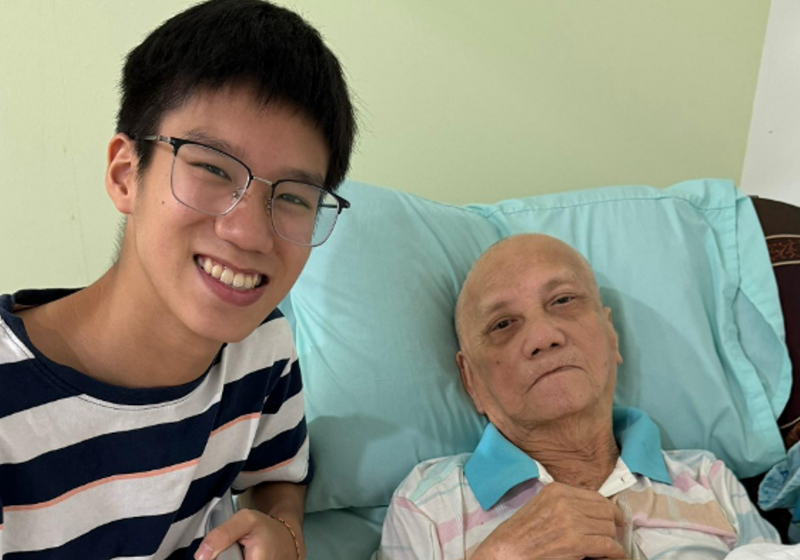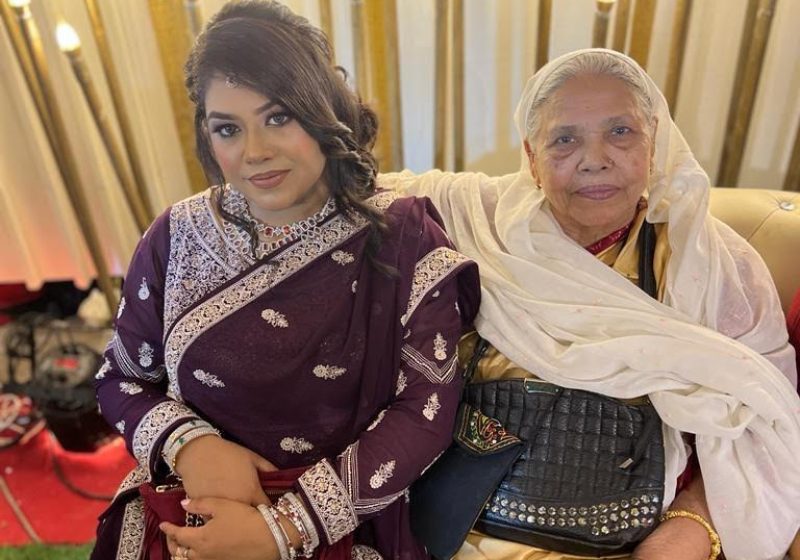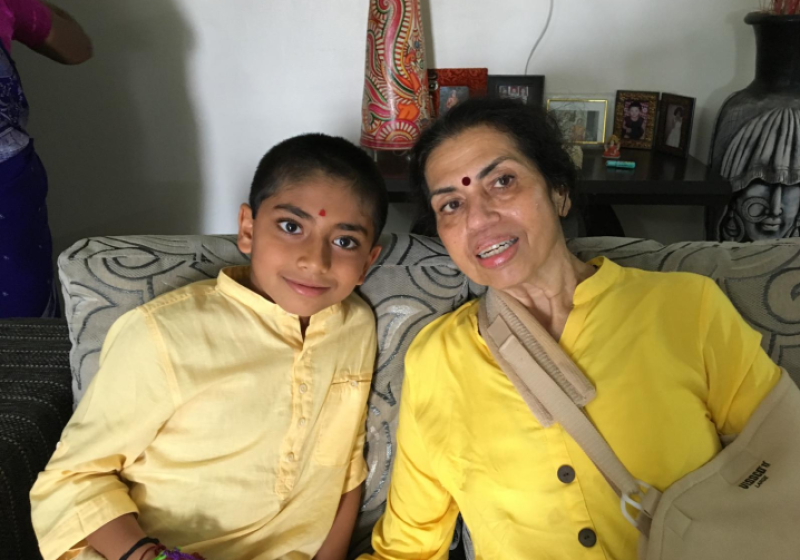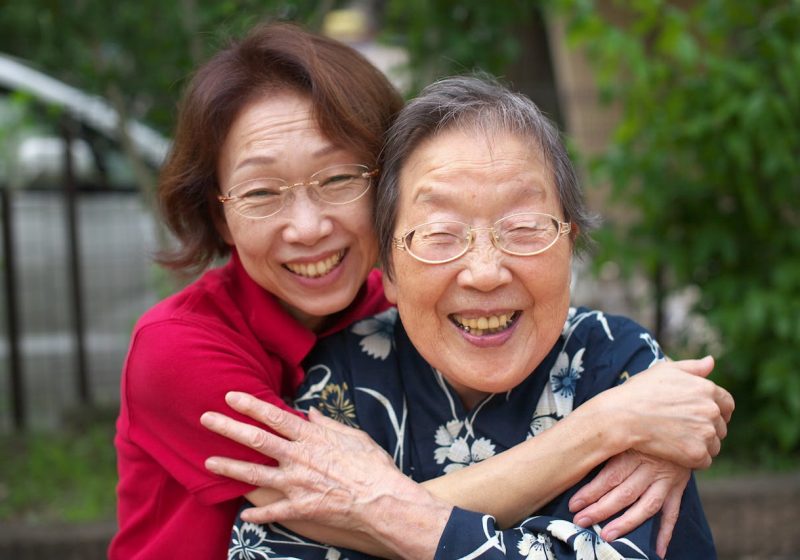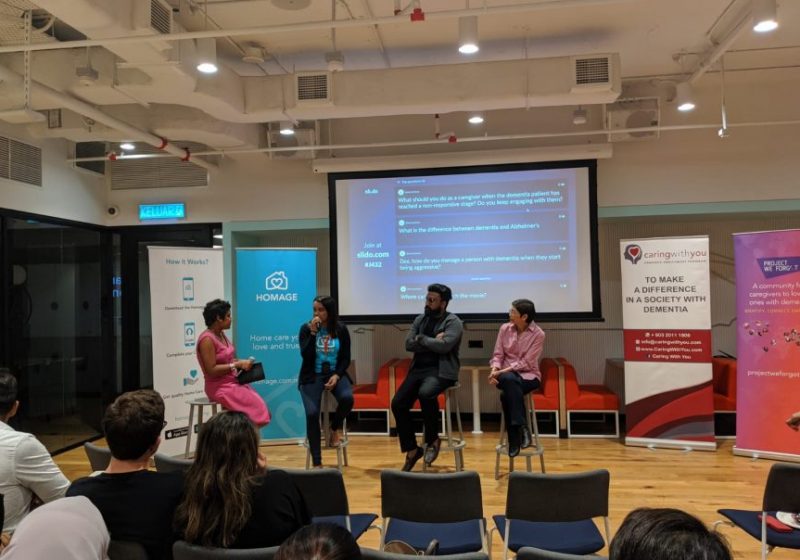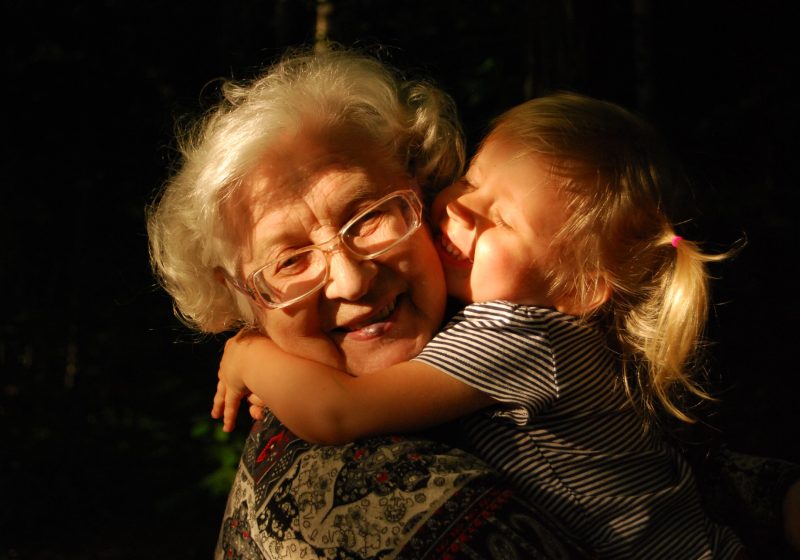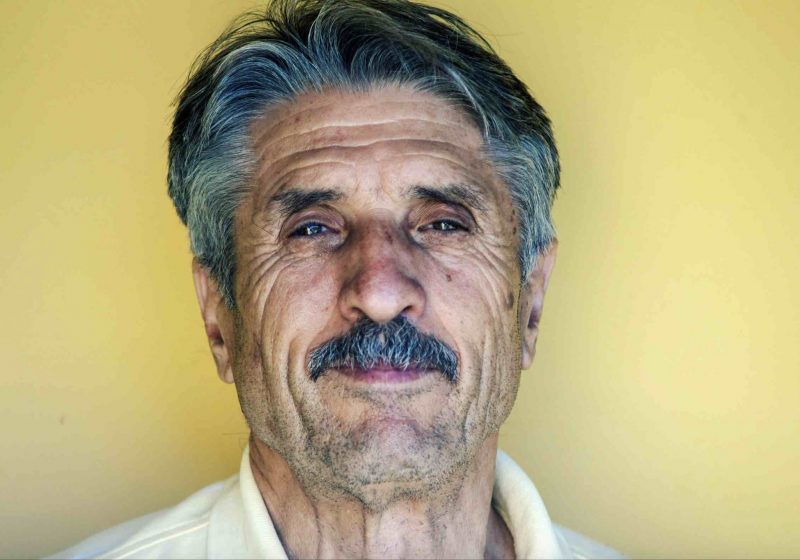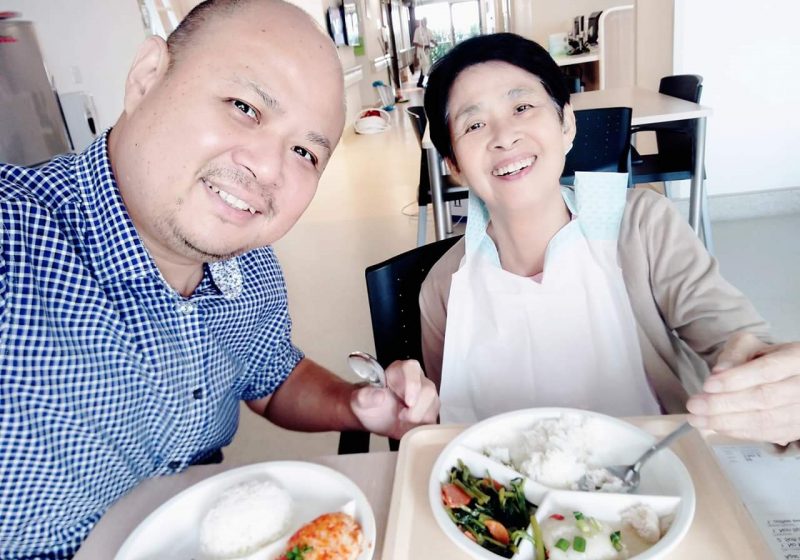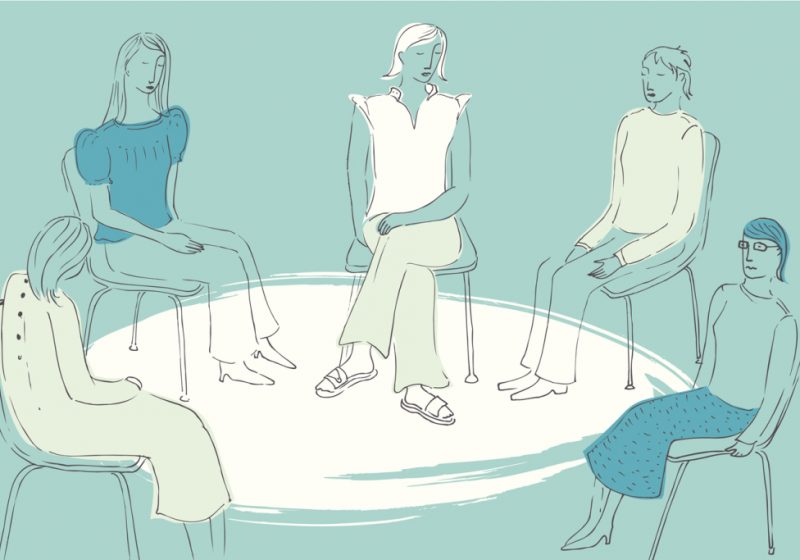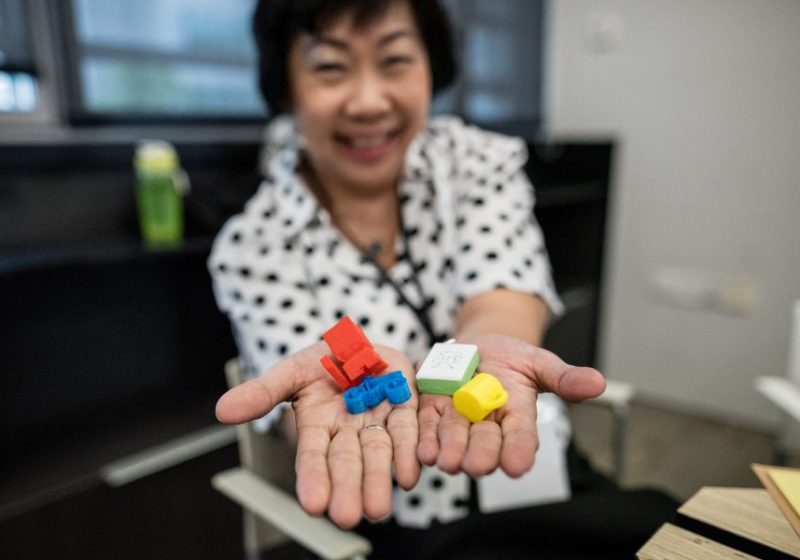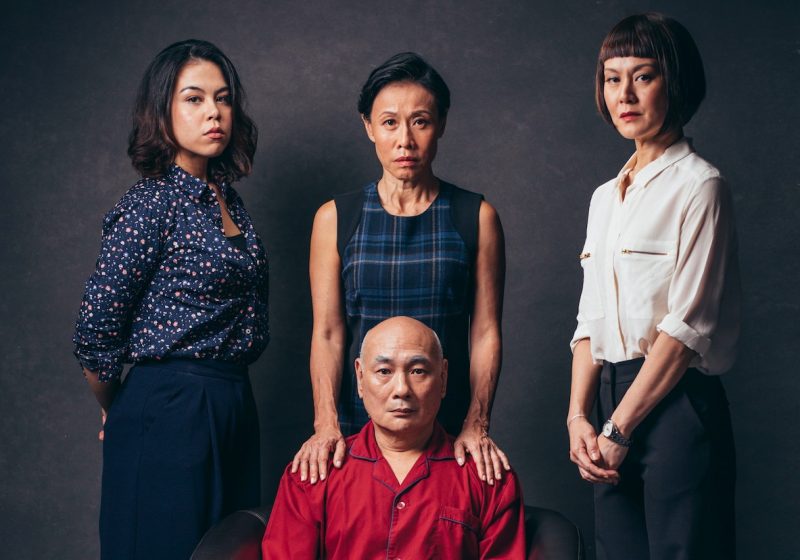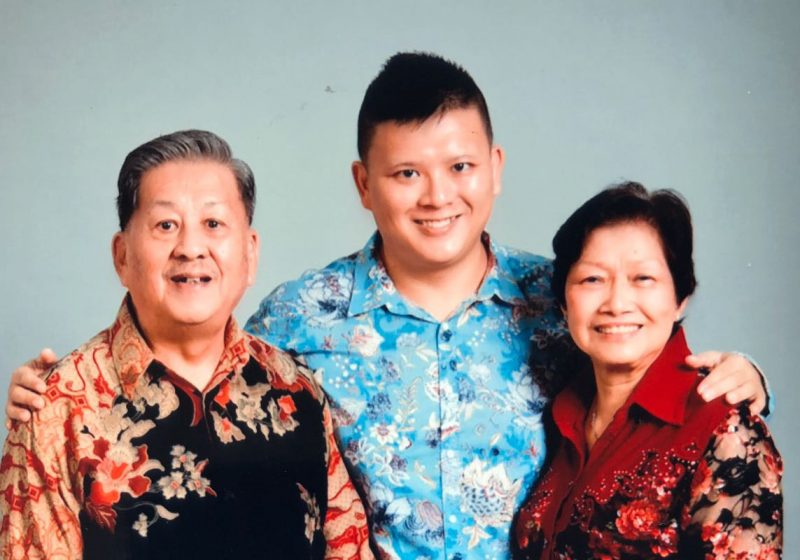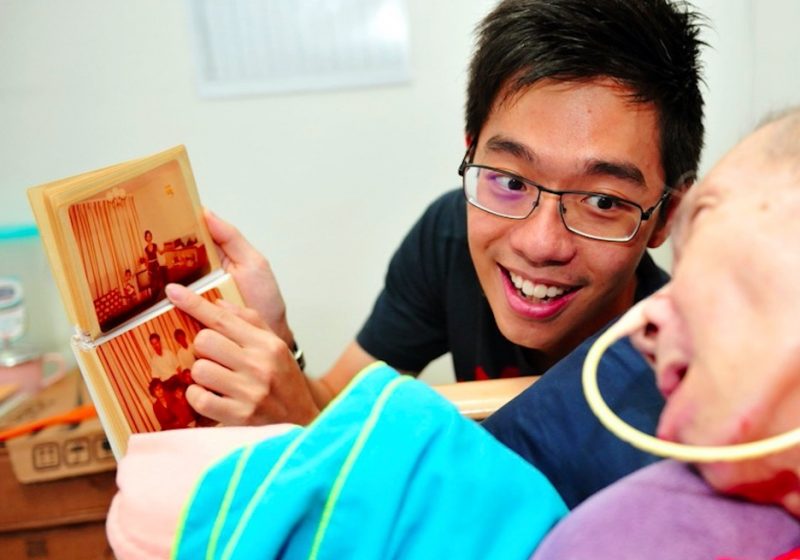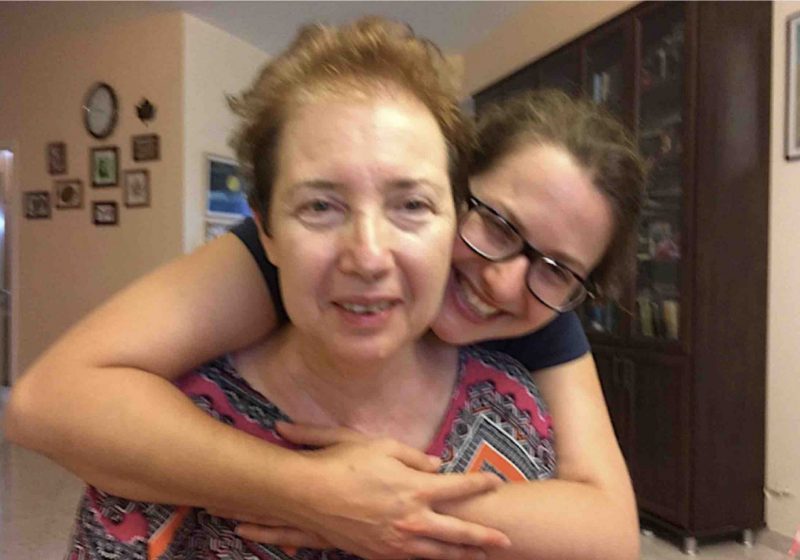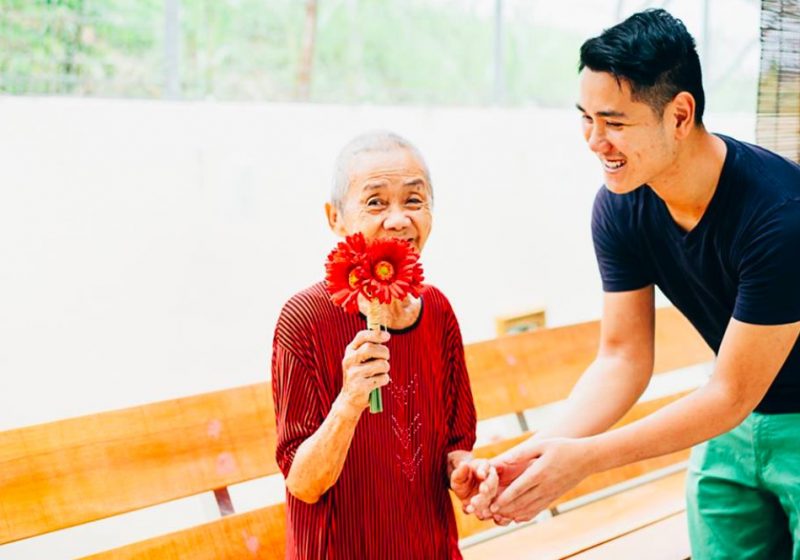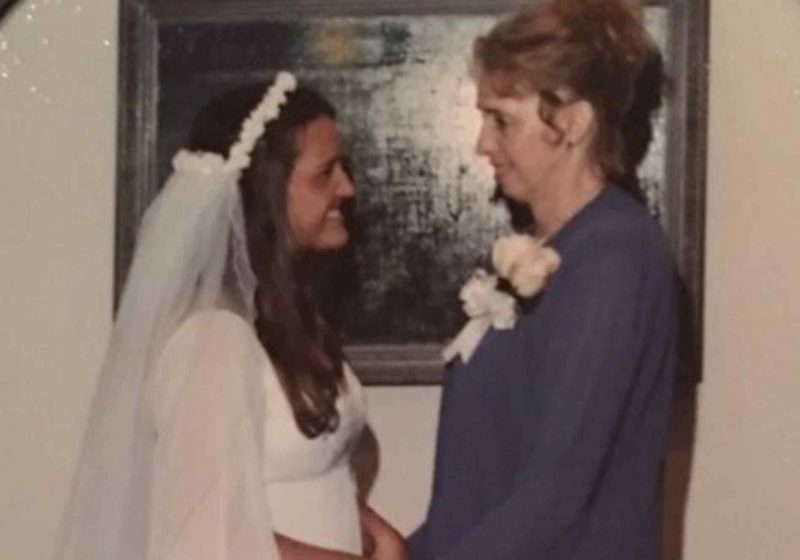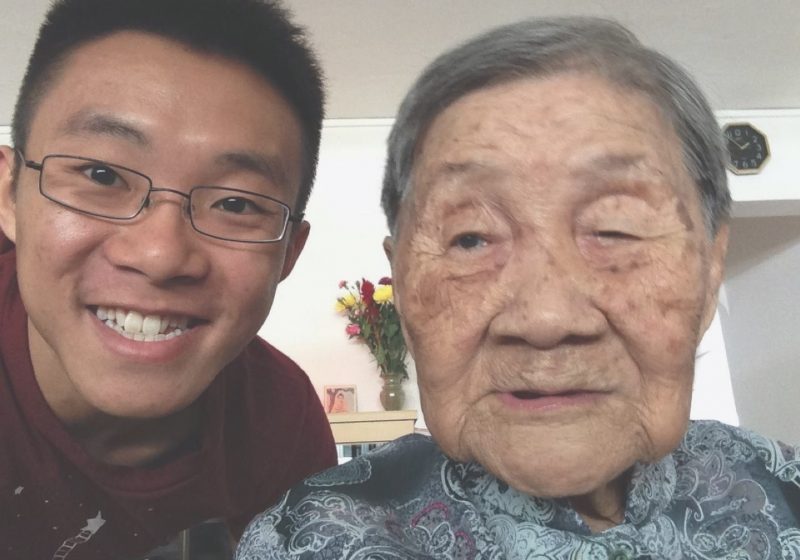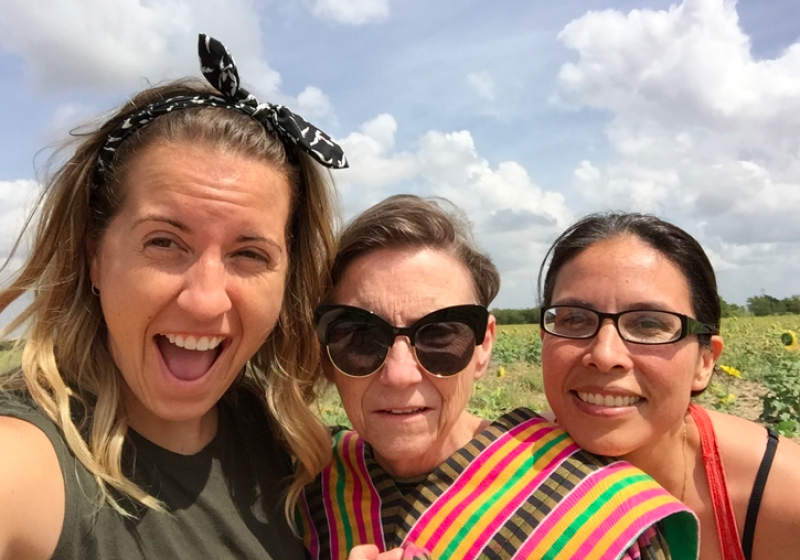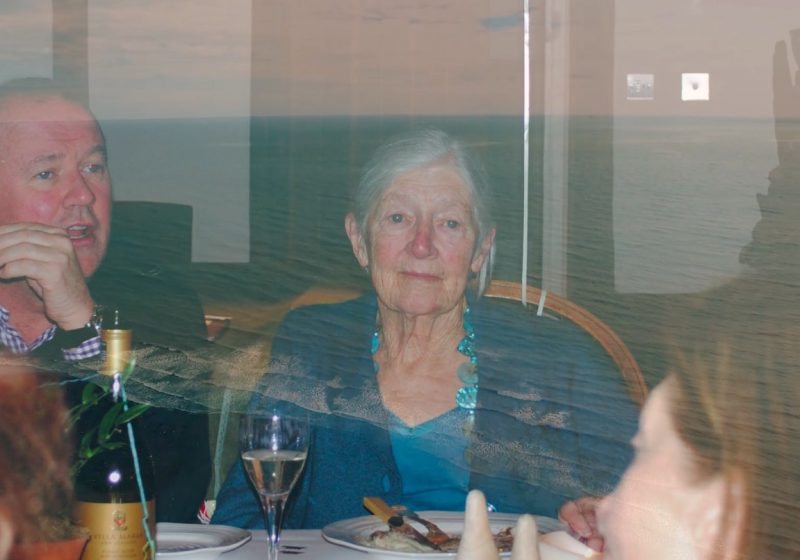Young carers often face social isolation and guilt when having to care for a parent or grandparent with dementia. If you are a young carer going through this journey, please know that it is always ok to reach out for help.

While the caregiving journey is one of huge impact on both spouse, children and grandchildren of an individual living with dementia, younger caregivers are usually faced with their own set of struggles. Children or grandchildren with a loved one living with (young-onset) dementia are often the invisible carers and not recognised by health care providers. Schools and corporate organisations are unaware of who in their student or employee population is caring for a parent with dementia at home.
Young caregivers often face social isolation and guilt when having to care for a parent or grandparent with dementia. If you are a young caregiver going through this journey, please know that it is always ok to reach out for help. Your teachers at school, friends or employers might not fully understand the different aspects and struggles you face, but it is by speaking up and seeking help, that you help to highlight the issue.
Find your space of identification
Support from friends might disappear due to the stigma associated with dementia. People don’t know how to deal with someone with dementia and may end up distancing themselves from you. This happens, and while it is a tough space to be in, know that there are many communities out there filled with individuals that are going through a similar journey as you are. They might not be in your immediate circle but there are places you can go to find your space of identification. Connect with your local associations or look up networks online. Find individuals you can identify with and seek support from them.
Talk about the journey to a teacher, employer or friend
You might feel that no one understands – and maybe they don’t. But speak up and tell them what you are going through anyway. It’s a first step in helping to trigger a possibility of incoming help to alleviate the struggles you are going through. This might mean friends stepping in to help or employers or teachers helping to create a flexible school or work schedule to fit your responsibilities as a caregiver.
Talk to your family about how you feel
It is always key to talk about how you feel about your loved one’s condition. Don’t treat it as a taboo topic at home. Be open about the emotions and struggles you are going through and work together as a family to solve them. While you face your own set of struggles, also remember that mum, dad or your grandparent filling the role as a caregiver to a loved one with dementia is also trying hard to keep it all together. It benefits everyone to talk about it.
Are you a younger carer with an experience to share? Have you found a way to speak to friends, family, teachers or employers about the struggles you run into as a young caregiver? We would love to hear your ideas or tips. Reach out to us or comment below to share.


